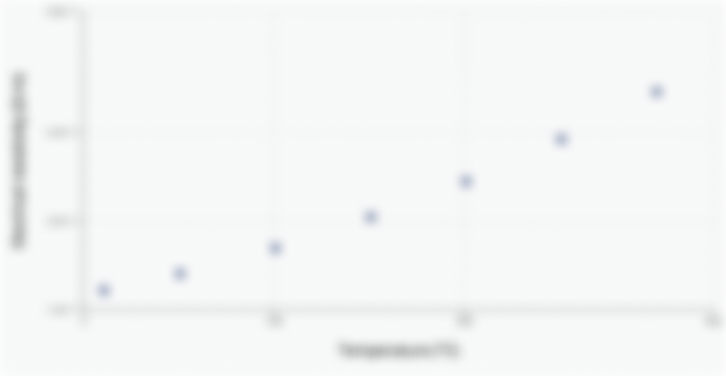Eigenschaften
Mechanisch
| Property | Temperature | Value | Comment |
|---|---|---|---|
Druckfestigkeit | 25.0 °C | 1071 MPa Show Material materials with Druckfestigkeit of 1071 MPa | ASTM D6641 |
150.0 °C | 973 MPa Show Material materials with Druckfestigkeit of 973 MPa | ASTM D6641 | |
180.0 °C | 860 MPa Show Material materials with Druckfestigkeit of 860 MPa | ASTM D6641 | |
230.0 °C | 810 MPa Show Material materials with Druckfestigkeit of 810 MPa | ASTM D6641 | |
250.0 °C | 780 MPa Show Material materials with Druckfestigkeit of 780 MPa | ASTM D6641 | |
Druckfestigkeit, transversal | 90.0 °C | 205 MPa Show Material materials with Druckfestigkeit, transversal of 205 MPa | ASTM D6641 |
150.0 °C | 158 MPa Show Material materials with Druckfestigkeit, transversal of 158 MPa | ASTM D6641 | |
180.0 °C | 151 MPa Show Material materials with Druckfestigkeit, transversal of 151 MPa | ASTM D6641 | |
250.0 °C | 118 MPa Show Material materials with Druckfestigkeit, transversal of 118 MPa | ASTM D6641 | |
Elastizitätsmodul | 23.0 °C | 137 GPa Show Material materials with Elastizitätsmodul of 137 GPa | ASTM D3039 |
Elastizitätsmodul, transversal | 23.0 °C | 9.5 GPa Show Material materials with Elastizitätsmodul, transversal of 9.5 GPa | ASTM D3039 |
Shear strength, τ₁₂ | 23.0 °C | 72 MPa Show Material materials with Shear strength, τ₁₂ of 72 MPa | |
Shear strength, τ₁₃ | 25.0 °C | 87 MPa Show Material materials with Shear strength, τ₁₃ of 87 MPa | ASTM D2344 |
150.0 °C | 73 MPa Show Material materials with Shear strength, τ₁₃ of 73 MPa | ASTM D2344 | |
180.0 °C | 70 MPa Show Material materials with Shear strength, τ₁₃ of 70 MPa | ASTM D2344 | |
250.0 °C | 52 MPa Show Material materials with Shear strength, τ₁₃ of 52 MPa | ASTM D2344 | |
Zugfestigkeit | 23.0 °C | 1711 MPa Show Material materials with Zugfestigkeit of 1711 MPa | ASTM D638 |
Zugfestigkeit, transversal | 23.0 °C | 30 MPa Show Material materials with Zugfestigkeit, transversal of 30 MPa | ASTM D3039 |
Technological properties
| Property | ||
|---|---|---|
| Processing history | Samples for testing were obtained by vacuum infusion based on PN-3M resin and carbon fabric 22502 (twill 2x2, 200 g/m2, HTA40-3K, 3.95 GPa) | |
| Processing methods | Molding mode: 1)Heat 2°С/min to 145°С, vacuum –1bar, pressure 0 bar, 2)Hold at 145°C for 120 min, vacuum -1 bar, pressure 0 bar 3)Heat 2°C/min to 180°C, pressurize 5.5 bar, release vacuum 4)Hold at 180°C for 240 minutes, pressure 5.5 bar 5)Cool no faster than 5°C/min to 60°C, pressure 5.5 bar. Post-curing cycle: 1)Post-cure of the part can be carried out without a tooling, 2)Heat at rate 2°C/min to 180°C, 3)Heat no faster than 0.2°C/min to 230°C, 4)Holding at 230°C for 300min, 5)Cooling is not faster than 5°C/min to 25°C, 6)To achieve heat resistance up to 250°C, additional post-curing is required at 250°C for 240 minutes, 7)Heat from 230°C to 250°C at rate 2°C/min. | |
